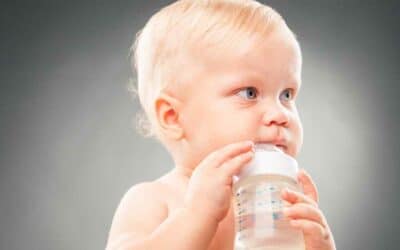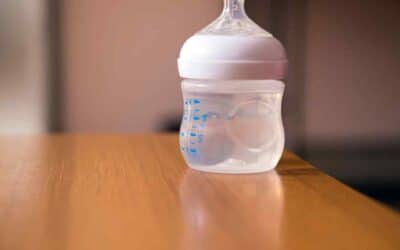When it comes to the health and nutrition of our little ones, every decision feels paramount, especially for new parents. Among the myriad of choices to be made, selecting the best water for baby formula stands out as an essential one. The type of water used can significantly influence not only the nutritional value but also the safety of the formula. But with a plethora of options available, from tap to bottled to distilled, which one is truly the best? In this article, we’ll delve into three crucial aspects every parent should be aware of when choosing the best water for infant formula, ensuring that your infant receives the optimum nourishment in every bottle.
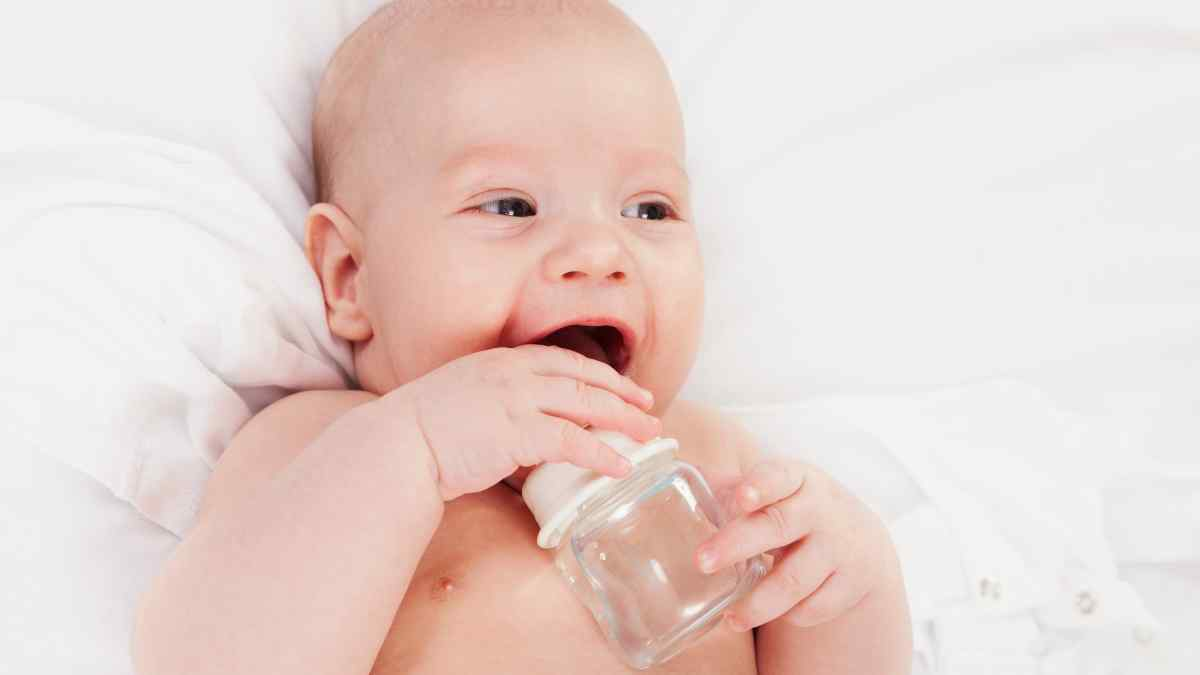
Types of Water and Their Sustainability
Tap Water
Pros:
- Easily Accessible: Tap water is available in most households, making it a convenient choice for preparing infant formula.
- Fluoridated Water: Many community water supplies are fluoridated, which can be beneficial for dental health. The American Academy of Pediatrics and the Centers for Disease Control and Prevention (CDC) highlight the role of fluoridated tap water in preventing tooth decay.
Cons:
- Potential Contaminants: While tap water undergoes treatment for safety, there’s still the risk of contaminants or a high mineral content. It’s recommended to get your tap water tested, especially if using it to make water for baby formula.
- Lead Exposure: Older homes might have pipes that expose the water to lead, which can be detrimental to health. The Environmental Protection Agency (EPA) and local health departments provide guidelines on water safety and testing.
Recommendation: For those using tap water to mix infant formula, it’s crucial to know your water quality. If unsure, contact your local water company. Also, consider using low-fluoride bottled water if you’re concerned about too much fluoride exposure.
Bottled Water
Pros:
– Purified Quality: Bottled water undergoes purification processes, ensuring a consistent quality suitable for powdered formula.
– Convenience: For parents on the go, bottled water can be an easy way to prepare infant formula without worrying about local water quality.
Cons:
– Environmental Concerns: The plastic bottles contribute to environmental degradation, and the production process can be resource-intensive.
– Cost and Fluoride Levels: While some brands offer nursery water or low-fluoride bottled water for baby formula, they might be costlier than tap water. Also, some bottled water might lack the fluoride beneficial for dental health.
Recommendation: If using bottled water to mix formula, the World Health Organization and the American Academy of Pediatrics suggest checking the label for fluoride content. Too much fluoride can lead to faint white lines on adult teeth, a condition known as mild dental fluorosis.
Distilled Water
Pros:
- Free from Contaminants: Distilled water is free from most minerals, contaminants, and chemicals, making it a potential choice for mixing powdered infant formula.
Cons:
- Lacks Essential Minerals: Essential minerals beneficial for health might be missing in distilled water. Also, distilled water doesn’t contain fluoride, which can be a downside for dental health.
Recommendation: If choosing distilled water for formula, ensure you’re following other guidelines for infant nutrition, such as providing fluoride supplements if recommended by a pediatrician.
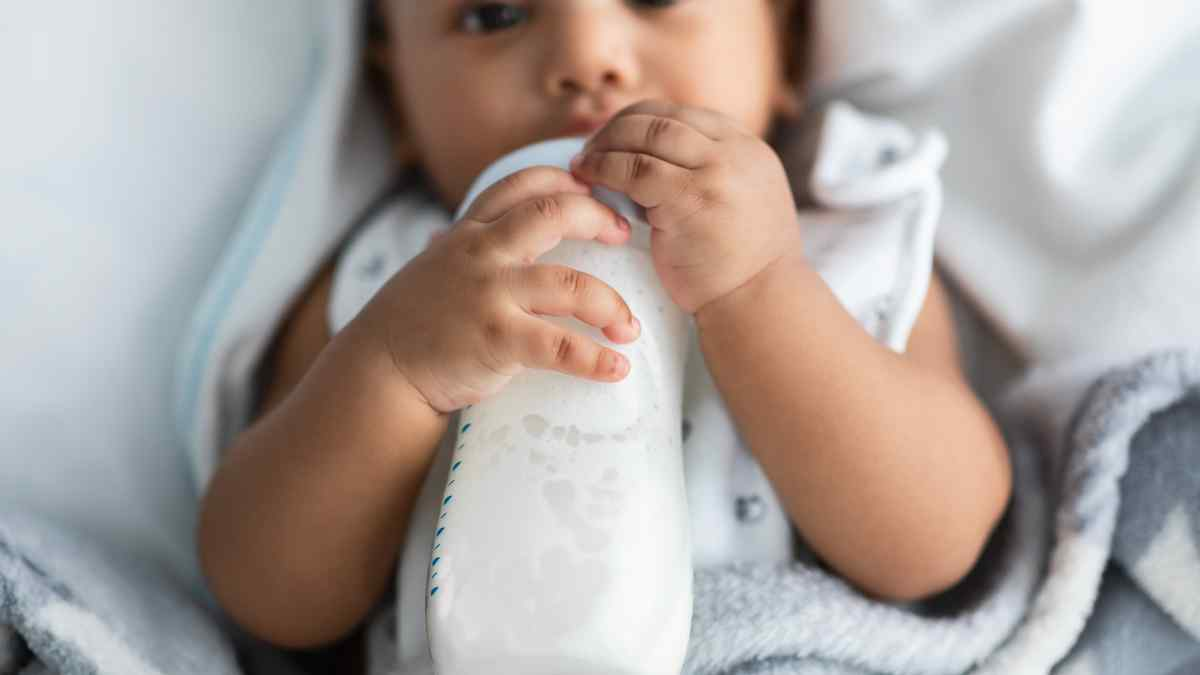
Boiled Tap Water
Pros:
- Eliminates Harmful Agents: Boiling tap water kills harmful bacteria and parasites, ensuring the water’s safety when used to mix formula.
Cons:
- Doesn’t Remove Chemicals: While boiling can kill bacteria, it doesn’t remove chemical contaminants. It’s essential to know your water source when boiling water for baby’s formula.
Recommendation: The Centers for Disease Control and Prevention recommend boiling water for a rolling boil of at least one minute, especially if you’re unsure which type of water is best for your baby. Always cool the boiled water to body temperature before using it to make the formula. If in doubt, consult with your baby’s pediatrician for guidance.
Importance of Fluoride
Building on the critical subject of whichtype of water for baby formula is best, it’s crucial to further examine the role of fluoride. This naturally occurring mineral has been the center of many discussions, especially when it comes to infant nutrition and dental health. Here, we unpack the importance of fluoride, its debate in baby formula, and what leading health organizations have to say on the matter.
Fluoride’s Role in Dental Health
Fluoride is renowned for its ability to strengthen enamel, the outer layer of our teeth. This strengthening process reduces the risk of tooth decay, a common concern among children. When introduced in optimal amounts, fluoridated water can serve as a protective barrier against cavities. The Centers for Disease Control and Prevention (CDC) recognizes water fluoridation as one of the top public health achievements, primarily because of its role in significantly reducing tooth decay in the U.S. over the past decades.
The Fluoride Debate in Baby Formula
The discussion around fluoride in baby’s formula is multifaceted. On one hand, using fluoridated water for preparing powdered formula can offer dental benefits. On the other, there’s a concern about overexposure. Excessive fluoride intake during the tooth-forming years can lead to dental fluorosis, a cosmetic issue characterized by faint white lines on adult teeth. While it doesn’t harm the teeth, it can be a cosmetic concern for some.
Parents often ponder whether to use fluoridated tap water or opt for low-fluoride bottled water when making formula. It’s a valid concern, given that babies primarily rely on formula as their main source of nutrition, leading to a higher consumption of water relative to their body weight.
Recommendations from Health Organizations
The American Academy of Pediatrics (AAP) and the World Health Organization (WHO) have provided guidelines regarding fluoride intake for infants:
1. Formula Preparation: If you’re using tap water for formula preparation, know its fluoride content. Most local health departments or water suppliers can provide this information. If the fluoride content is high, consider alternating between tap and low-fluoride bottled water.
2. Ready-to-Feed Formula: For parents using ready-to-feed formula, the fluoride content is already at safe levels, and there’s no need for added water.
3. Weakened Immune Systems: Babies born prematurely or those with weakened immune systems might need special water considerations. Boiling water, even if it’s bottled, becomes crucial for these infants to protect them from water-related diseases.
4. Fluoride Supplements: If you’re using non-fluoridated water, like distilled or well water, for prolonged periods, consult your baby’s doctor about the need for fluoride supplements. However, remember that fluoride supplements are typically not recommended for babies under six months.
5. Safety Tips: Always ensure the water is at a safe drinking temperature, preferably warm, before adding the formula powder. A few drops on your wrist should feel comfortable. If using hot water, an ice bath can be beneficial to bring the water to body temperature quickly. Always ensure a clean bottle for making formula.
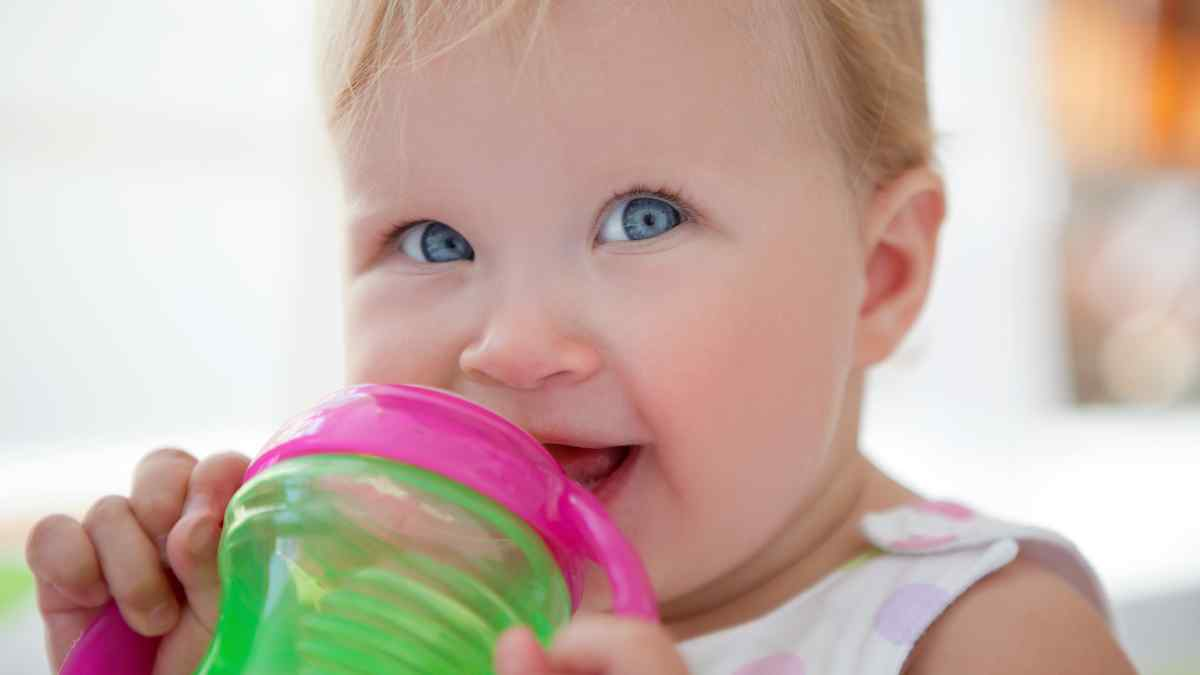
Precautions to Take When Preparing Formula
Selecting the best water for baby formula is just the first step. Once that decision is made, it’s crucial to ensure that the water and the formula are prepared in the safest manner possible. In this column, we’ll explore the precautions to be taken when preparing infant formula, ensuring your baby receives safe and nutritious feeds every time.
Understanding Water Labels
Water labels can be confusing, especially when terms like “spring water”, “purified water”, and “distilled water” are thrown around. Let’s break them down:
- Spring Water: This is water sourced from a natural spring. While it undergoes filtration processes, it might still retain some of its natural minerals. For baby’s formula, it’s essential to check its fluoride content.
- Purified Water: This water has undergone a purification process to remove chemicals, contaminants, and other unwanted elements. It’s often considered safe drinking water for formula preparation. However, the fluoride content varies, so always check the label.
- Distilled Water: Through a process of boiling and condensation, distilled water is stripped of its minerals and contaminants. While it’s a safe choice for baby formula, it lacks essential minerals and fluoride, which might be necessary for dental health.
Boiling Process
Boiling is a recommended step, especially when using tap water for formula preparation. It ensures the elimination of harmful bacteria and parasites. Here’s how to do it right:
1. Always use a clean pot to boil the water.
2. Bring the water to a rolling boil for at least one minute.
3. Let it cool naturally or use an ice bath to speed up the cooling process. Ensure the water is at body temperature (warm formula is often preferred) before mixing with powder formula.
4. A good practice is to drop a few drops on your wrist to check the temperature. It should feel comfortable and not too hot.
Storage
Proper storage ensures the safety and freshness of both the prepared formula and unused water:
- Prepared Formula: Once the formula is mixed, it should be consumed within an hour if left out at room temperature. If not used, store the formula container in the refrigerator and use it within 24 hours. Any remaining warm formula that the baby doesn’t drink should be discarded.
- Unused Water: After boiling, any unused water can be stored in a clean, covered container in the refrigerator for up to 24 hours. Before using it for the formula, warm it to the desired temperature.
- Concentrated Liquid: If you’re using concentrated liquid formula, always follow the instructions on the label. Typically, you’ll need to mix it with an equal amount of water.
Preparing baby’s formula requires careful attention to detail. From understanding water labels to boiling and storage, every step is crucial. Always consult with your local health department or pediatrician if you’re unsure about your water supply, especially if preparing formula for premature infants or those with a weakened immune system. Remember, the goal is always to provide safe drinking water and the best nutrition for your little one.
The Water We Serve: Prioritizing Infant Health and Well-being
Every parent dreams of giving their child the best start in life. This journey begins with some of the most basic decisions, like the type of water we use for their daily needs. Understanding the intricacies of water quality and its impact on an infant’s health is crucial. Here’s a deep dive into some key considerations every parent should be aware of:
1. Boil Water Before Use: While many of us take our tap water for granted, it’s a good practice to boil it before using it for infants. Boiling helps kill any pathogens that might be present, ensuring the water is safe for consumption.
2. Community Water Fluoridation: Many communities add fluoride to their water supply, a process known as community water fluoridation. While fluoride is beneficial for preventing tooth decay in older children and adults, it’s essential to know how much fluoride is in your water when preparing formula or food for infants.
3. How Much Fluoride is Too Much? Excessive fluoride intake during infancy can lead to dental fluorosis, a cosmetic concern that affects the appearance of teeth. Parents should consult with pediatricians to determine the right amount of fluoride for their infants.
4. Use Low Fluoride Bottled Water: If you’re concerned about the fluoride levels in your tap water, consider using low fluoride bottled water. These are specially formulated to have minimal fluoride, making them a safer option for infants.
5. Well Water Considerations: If you source your water from a well, it’s crucial to test it regularly. Well water can have varying fluoride levels, and in some cases, might contain other contaminants harmful to infants.
6. Cool Water for Consumption: Always ensure that the water you serve your infant is cool. Serving water that’s too warm or too cold can be uncomfortable and even harmful.
7. Water Intoxication: While water is essential for life, too much of it can lead to water intoxication in infants. This can result in symptoms like irritability, drowsiness, and in severe cases, seizures. Always follow guidelines on the right amount of water for your infant’s age and weight.
8. Remove Fluoride if Needed: If you find that your water source has high fluoride levels, consider using filters or distillation methods to remove excess fluoride. This ensures your infant gets the benefits of water without the risks of excessive fluoride.
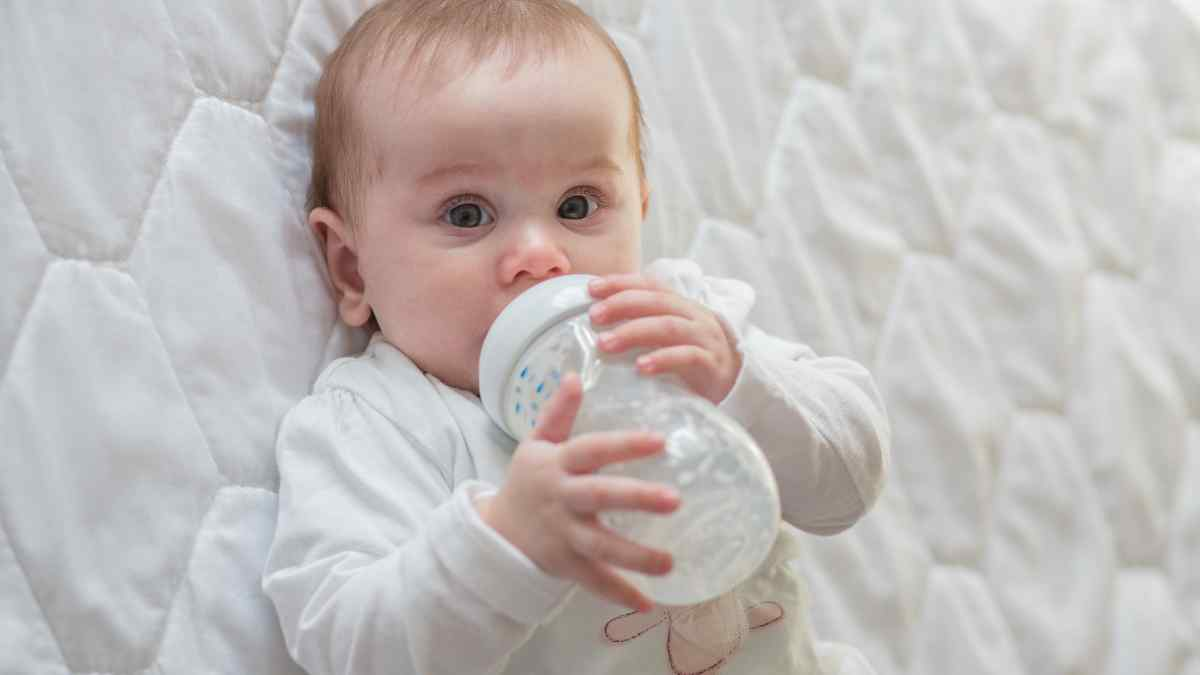
Conclusion
In conclusion, choosing the right water for baby formula is a critical decision that has far-reaching implications for an infant’s health and well-being. With various options available, from tap to bottled to distilled, it’s essential for parents to be informed about the benefits and potential drawbacks of each type. The role of fluoride, its benefits for dental health, and the concerns about overexposure are also crucial considerations.
Recommendations from leading health organizations provide a roadmap for parents, ensuring that they make the best choices for their babies. As always, when in doubt, consulting with a pediatrician or health expert can provide tailored advice for your child’s unique needs. Safe preparation and understanding water labels further equip parents to provide optimal nutrition in every bottle.
Did you find this article helpful? Please leave a comment below. If you have any questions, don’t hesitate to ask.

